#LGChem
UAW Vying to Represent GM Battery Plant Employees
On Monday, the United Auto Workers (UAW) announced that it is seeking to represent workers employed by the Ohio-based joint venture between General Motors and LG Energy. The union said that it had filed a petition on behalf of 900 people building Ultium battery cells, saying that a majority of the plant’s workforce had already signed cards indicating that they wanted UAW representation.
Chevrolet Bolt Recall: Orion Assembly Schedules Some Downtime
Michigan’s Orion Assembly will be taking three weeks of downtime this month as General Motors continues addressing the fire recall pertaining to Chevrolet’s all-electric Bolt.
The automaker notified employees that the facility will see production idled from November 15th through December 3rd, though vehicle assembly won’t resume until the 6th. However the plant is already running on a diminished schedule so staff can assist with maximizing LG battery output and offer additional support related to the recall.
Toyota, Stellantis Announce North American Battery Plants
Automakers Toyota and Stellantis separately announced plans to construct lithium-ion battery plants in North America on Monday. With regulatory pressures mounting, the industry has been shifting its eggs between baskets to avoid trouble. But the ultimate goal for most brands is to transition toward selling EVs, requiring meaningful action and financial expenditures on the part of manufacturers.
We’ve already seen General Motors and Ford Motor Co. squabbling over who will nestle the biggest battery facilities between America’s Frost and Sun Belts. It’s only fitting that the remnants of the Chrysler Corporation contained in Stellantis walk the path of electrification, especially now that it’s absolutely riddled with European influence. Meanwhile, Toyota is predictably exercising a bit of caution as it similarly navigates how to modernize itself via upcoming lithium-ion plants.
Chevy Bolt Fire Fix Allegedly Finalized
The Chevrolet Bolt has evolved from being General Motors’ superstar EV, radiating optimism for the company’s ambitious electrification strategy, to a public relations nightmare in relatively short order. While sales of the hatchback (and EUV) actually skyrocketed in Q2 of 2021, thanks largely to a diminished production output from the same period in 2020, shoppers are becoming aware of the fire reports and prolonged recall campaign that followed.
Another chapter has been added to that story, with GM now convinced that this will be the conclusion of the dejected tale. On Monday, the manufacturer issued an announcement that batteries for the Bolt had resumed production. But they won’t be coming out of the South Korean facility owned by LG Chem that’s been alleged as ground zero for the relevant defects. GM has instead elected to source the units from Michigan while LG improves quality assurance with the automaker peering over its shoulder, hopeful that customers will someday be able to use their car normally. Sadly, that moment still looks to be several months away.
The Chevrolet Bolt is Becoming Embarrassing for GM
If you’ve been following the Chevrolet Bolt, then you know it’s gone from a competitive front-motor, five-door all-electric subcompact to a tinderbox on wheels. Battery issues have resulted in numerous recalls while the associated fire risk is gradually making it the spiritual successor to the Ford Pinto flambé edition. Though, in fairness, the Bolt issue is nowhere near as devastating as those vintage Ford fires and pales in comparison to the General Motors’ own faulty ignition switch fiasco that left over 100 people dead.
It’s still leaving a bad impression, however, and GM’s latest decision (prudent as it might be) won’t be helping. As part of the recall campaign, the manufacturer has advised owners not to park the vehicle inside garages or close to buildings. It also has a charging protocol for customers to use to help minimize its risk of spontaneous combustion. Following yet another fire incident, GM has updated those recommendations and now advises drivers to park the Bolt at least 50 feet away from all other vehicles.
GM Upset With Battery Supplier, Expands Bolt Recall Again
On Friday, General Motors announced that its recall of the Chevrolet Bolt would result in a loss of $1 billion. But only after it expanded the campaign to encompass every electric vehicle it has produced. Rather than a single $800-million defect requiring fire-prone models to come back for repairs, GM is now confronting two problems and including Bolts (and Bolt EUVs) from 2019 onwards. The automaker has said this will necessitate an additional billion-dollar financial setback.
Keen to avoid being the recipient of the swelling public outrage, the manufacturer has been trying to shift criticism onto battery supplier LG Chem. The South Korean firm has been involved in numerous fire-related recalls pertaining to electric vehicles and GM would very much like to remind you of that, rather than take the blame for building and selling EVs that it’s advising customers not to charge too much or park anywhere near their home.
GM Replacing Battery Modules On Recalled Chevy Bolts
The Chevrolet Bolt has become the focus of negative attention following some fire incidents that were believed to be related to battery components. After two recalls, General Motors has decided to replace the battery modules of every model that could be impacted — rather than focusing on units with proven defects.
While it’s undoubtedly going to cost the company a fortune, this is probably the correct move. The implications of negative publicity stemming from repeat vehicle fires have a tendency to linger and be blown up to larger-than-life proportions. This is especially true if an automaker rushed that vehicle to market to better wrangle the segment. Just ask Ford about the Pinto if you’ve any doubts.
Apple Car Seeking Friendship in South Korea
Apple has been in the headlines all week over changes to its policy that is introducing a image detection system that effectively allows the company to scan the iCloud to see if you have any illegal photos on there. While framed primarily as a way for the company to root out pedophilia, it’s gotten the company in trouble with an increasingly privacy savvy public that’s convinced the next step is generalized surveillance. But while the technology company has been busy trying to improve optics, issuing assurances that its new security protocols won’t overlap with government action and claims that its actions are no worse than what its chief rivals are already doing, the latest on the Apple Car is going unaddressed.
The off-and-on-again vehicle program is reportedly making moves with South Korean suppliers to ensure its got a lock on components. Curious, considering we were under the impression that the automobile was nowhere near completion.
Hot Tip: Chevrolet Addresses Bolt EV Fires, Readies Recall
Chevrolet has issued a statement to owners of Bolt EVs that could be subject to surprise fires while charging, offering more tips on how to avoid burning down their homes while it preps another recall. General Motors and supplier LG Chem have identified “two rare manufacturing defects” that they believe are causing the fires and are suggesting avoid charging their vehicles in an extremely specific manner until after the secondary recall has been conducted.
South Korean Battery Firms Reach Settlement, Georgia Factory Approved
It looks like the White House won’t be needing to take any action in response to the International Trade Commission’s decision on how to handle the feud between South Korea’s LG Chem and SK Innovation. The duo has reached a settlement that would allow the former battery manufacturer to complete assembly on its $2.6-billion plant located in Georgia.
LG alleged that SK had stolen intellectual property and the ITC was backing punitive measures that would have forbade the latter company from importing certain lithium-ion batteries into the United States under a 10-year exclusion order. While exemptions were made for the components necessary to manufacturer them in the country, the arrangement was tied to SK’s existing orders and limited to just 4 years. The settlement gives SK additional leeway and prevents Joe Biden from having to consider the possibility of blocking the ITC decision as a way of maintaining American jobs.
Hyundai Reportedly Using SK Batteries for Ioniq 5
We recently published an article about Hyundai’s upcoming Ioniq 5 EV and closed by suggesting it might be desirable that North America wouldn’t be the first to get them. If you read our post about the automaker’s current situation with supplier LG Chem, you may have already been able to guess why we feel this way. The manufacturer is looking down the barrel of an expensive recall relating to battery fires and EVs have a propensity to experience botched product launches. Considering the newness of the technology, some of that is to be expected. But that may not be the whole story.
News has begun circulating that Hyundai and Kia would begin sourcing more products from China’s Contemporary Amperex Technology (CATL) and Korea’s SK Innovation. We’ve likewise seen reports coming out of Korea stating that the automaker had decided to install SK batteries in the Ioniq 5, presumably because the units it has already sold to Hyundai haven’t been implicated in any fire-related recalls.
Hyundai Recalling LG Batteries, Who's to Blame?
Hyundai will be recalling 82,000 electric vehicles sold around the world due to a presumed fire risk and its getting a little ugly, though that’s nothing new for the industry. Reports of the brand’s Kona Electric going up in flames (often while charging) started springing up in 2019, causing the manufacturer to call them back for a software update that was supposed to remedy the issue. But South Korean officials decided more needed to be done after one of the fixed vehicles caught fire in January. An investigation was launched and now Hyundai is on the hook for a 1 trillion won ($900 million USD) recall — including the nearly 40 billion won was spent on the initial software solution.
But how much of the blame does Hyundai really deserve when other manufacturers are having similar issues with their electric cars? Couldn’t the supplier be somewhat responsible? Absolutely not, explains battery supplier LG Chem.
Ford CEO Asks Battery Suppliers to Stop Fighting
Battery suppliers LG Chem and SK Innovation have what could be politely described as an intense rivalry. With the automotive industry desperate to secure reliable access to the most essential components for the planned electric vehicle offensive, chemical companies specializing in electronics are very much in demand and they’re all jockeying for power.
On Wednesday, the U.S. International Trade Commission (ITC) sided with LG Chem after it had accused SK Innovation of misappropriating trade secrets pertaining to EV battery technologies. But Ford CEO Jim Farley is asking the South Korean businesses to call a ceasefire and settle things out of court, presumably through the transfer of a large sum of money.
General Motors Recalls Majority of Chevrolet Bolts to Prevent Additional Fires
As we reported about a month ago, the NHTSA was sniffing around the Chevrolet Bolt due to a small number of fires which occurred in the EVs while they were parked.
Now after launching its own internal investigation, GM is issuing a recall of the vast majority of Bolts produced.
Battery Dispute Brews Trouble for Volkswagen, Ford
A legal dispute between South Korean battery manufacturers could force Volkswagen Group and Ford Motor Co. to deal with surprise supply shortages, according to documents filed with the U.S. International Trade Commission.
The industrial duo had hoped to see SK Innovation produce batteries at a planned factory site in Georgia to supply the deluge of electric vehicles both have planned. However, courtroom drama between SK Innovation and LG Chem has complicated the matter.
The South Korean battery firms are currently involved in a bitter legal battle. SKI is being sued by LG over claims of industrial espionage in the United States, with the plaintiff demanding SK Innovation not be allowed to manufacturer equipment there. This isn’t the first time the duo have butted heads, either. They seem to really hate each other, and each appears willing to do whatever it takes to gain an advantage over the other. Ford and VW have warned that the situation puts them both at risk of supply shortages during a period where reliable battery supplies are already difficult to come by.



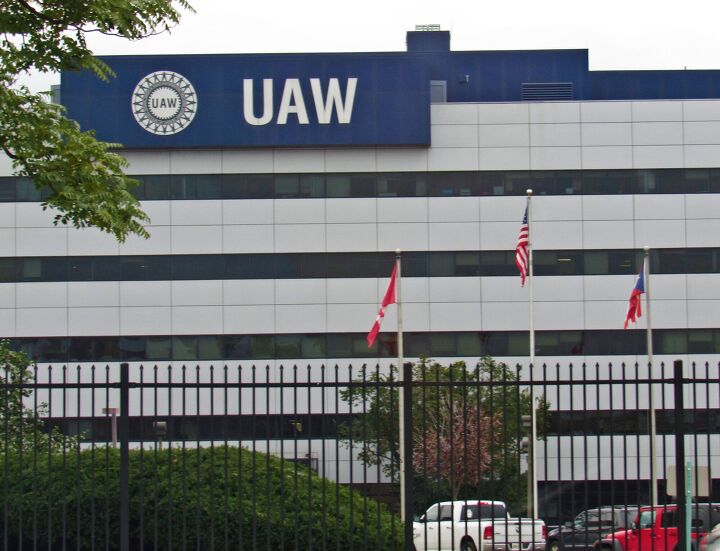

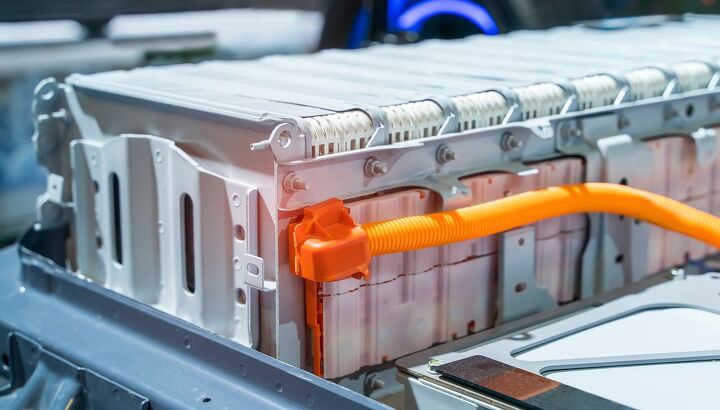
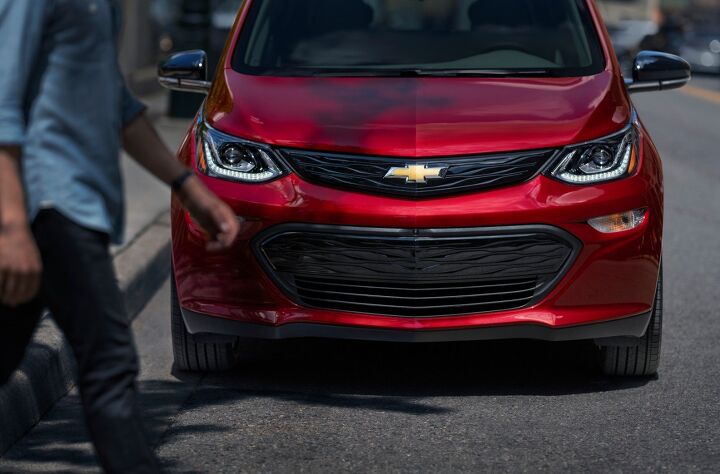

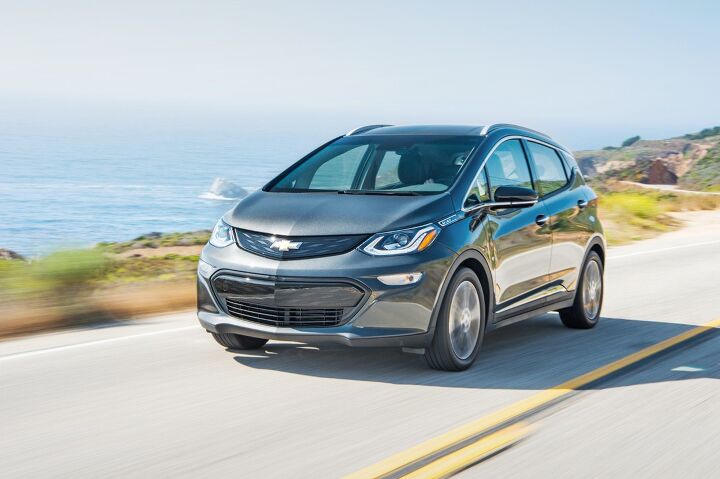
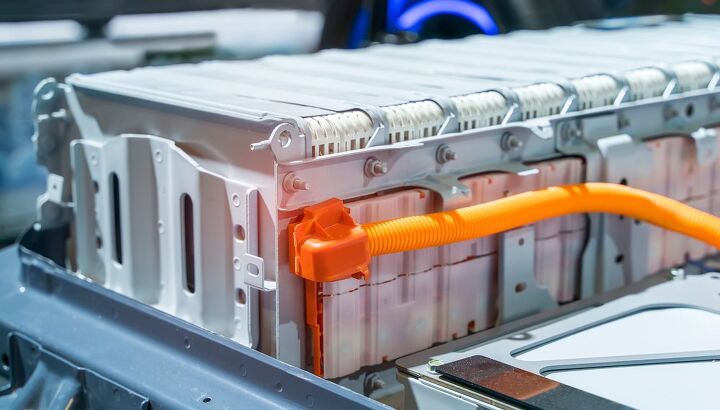
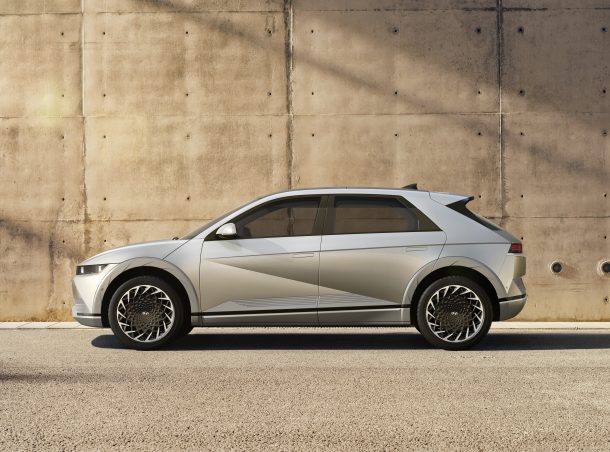
















Recent Comments